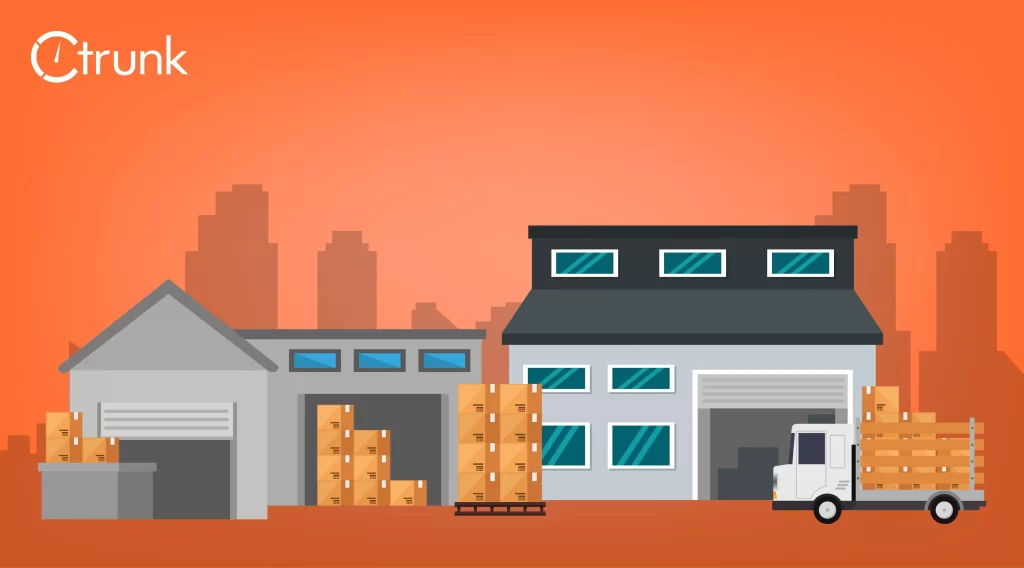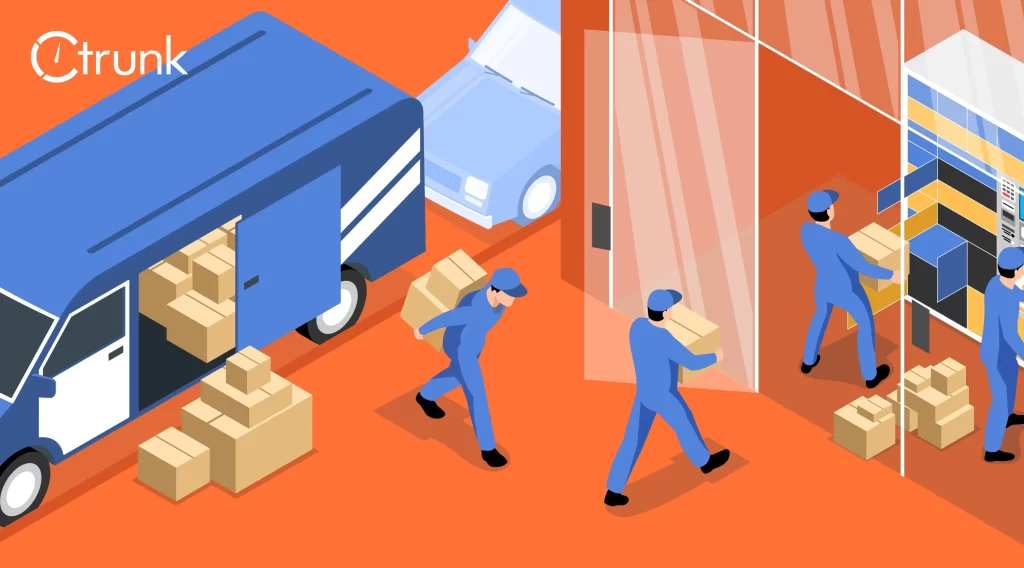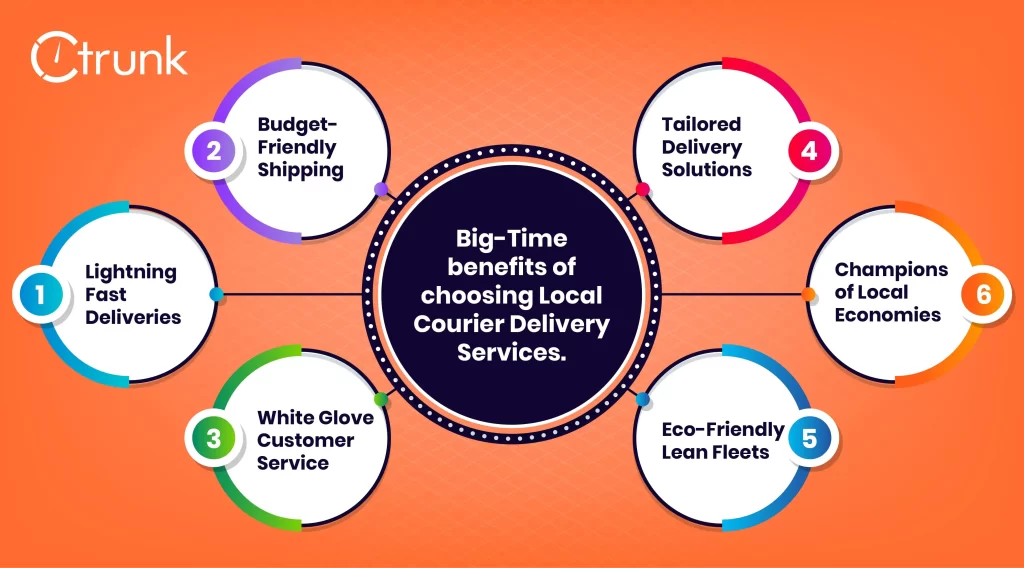Common Types of Courier Services


With the massive onslaught of the increase in e-commerce businesses today, the delivery companies have been working tirelessly to send deliveries globally – and the packages come in all shapes and sizes! Whether you are a small business, a high-end exporter or a private individual sending something out, utilizing your local courier service can be beneficial to a large extent!
Local courier business may sound simple enough, but it actually is like herding cats. Managing & understanding various aspects about a local courier delivery business can be challenging – as it has many unpredictable and independent elements that need to be controlled.
Keep on reading below – to know how courier businesses power through – each opening day!

A Local Courier Business or local delivery company essentially means a shipping provider which operates in a specific metropolitan area or region. This radius generally is 50 Miles to 100 Miles. No matter how interesting the courier delivery network is – the end customers only care about getting their parcels safely and on time for every item or product they order.
The local courier business staff has an intimate relationship with every nook and cranny of the city – and they know how to reach almost every location in a quicker way than us. Their knowledge of the city’s layout is quite commendable – due to which these courier businesses offer economical pricing and increased efficiency.
Rather than paying premium rates to national level courier companies like FedEx or DHL, Most businesses use these reputable local courier businesses to run their errands – which is quite a cost-effective way as well!

The process of handing off a shipment to the local courier service responsible for last mile transportation and delivery.
When an order is placed with a company, it begins its journey through the supply chain. After the item is packed and labeled at the warehouse, the parcel needs to make its way to the customer. Transportation modes like air freight or trucking may handle long haul transit between cities or across the country.
But for home deliveries requiring doorstep drop offs, the shipment needs to be relayed in that final local stretch to the buyer’s address. This handoff from a national transportation network to a metropolitan-based courier service is known as delivery to local courier.
Local couriers excel at navigating the unique landscapes of dense urban areas. They understand traffic patterns, parking constraints and apartment access in granular detail. This hyperlocal experience and efficiency makes them ideally suited for executing last mile deliveries quickly and reliably.
When taking your packages to your local courier, there are some key terms to know:
“Waiting for a late courier is like watching paint dry.. On a rainy day!”
This quote may sound funny – but only the wronged customers who have got late parcels or deliveries can understand the pain behind this! Satire aside, Courier facilities play a vital role in the chain of delivery business.
It is basically an operational hub to store newly shipped goods – before they are categorized and delivered to the end customers. You can also term it as a warehouse for treating parcels like VIP guests, as these parcels need to be delivered in a 100% safe manner.
Courier companies must register with local municipal governments where they operate. Freight services require additional IATA and ACAAI approvals.
Couriers must follow protocols like the 2010 Courier Imports and Exports legislation that defines customs processing rules.
Working with brokers helps international couriers secure mandatory clearances from customs authorities, enabling legal compliant deliveries globally.
Governments ban importing or exporting certain products by courier due to environmental, safety or legal issues. Companies need to block restricted items.
Talking with postal authorities helps courier facilities understand India’s evolving regulatory standards for licensing, compliance, customs and prohibited items. Following official guidelines sustains growth while avoiding penalties – which are a logistical headache!

Local couriers navigate expertly for rapid 24hr service.
No massive infrastructure overhead
VIP assistance is provided by courier services
Craft customized solutions matching clients’ special needs.
Local Delivery systems minimize miles & planning
Ultimately, local businesses benefit from working with local couriers!
Running a local courier service means juggling countless tasks from parcel booking, billing-invoicing and simultaneously handling repetitive / new customer queries. With the right tools, the owners getting buried in tasks can save many hours of tedious work!
By streamlining everything from order processing to billing and customer notifications into a single platform, cTrunk saves local couriers considerable time and headache. The software can be used for local courier businesses, enterprise logistics companies, ecommerce stores, inventory systems and online marketplaces. Bulk actions like status updates, and billing help couriers handle more shipments daily while exceeding customer expectations.
The rich cTrunk dashboard offers an instant snapshot of critical business metrics around top customers, popular shipping routes, revenue and carrier performance. This data-centered approach leads to smarter decisions that boost efficiency.
Courier business owners often get fed up of losing themselves in the Digital Bermuda Triangle – software which are complicated to operate and packages too are lost in this triangle – where it is hard to highlight the glitches and hiccups in the system.